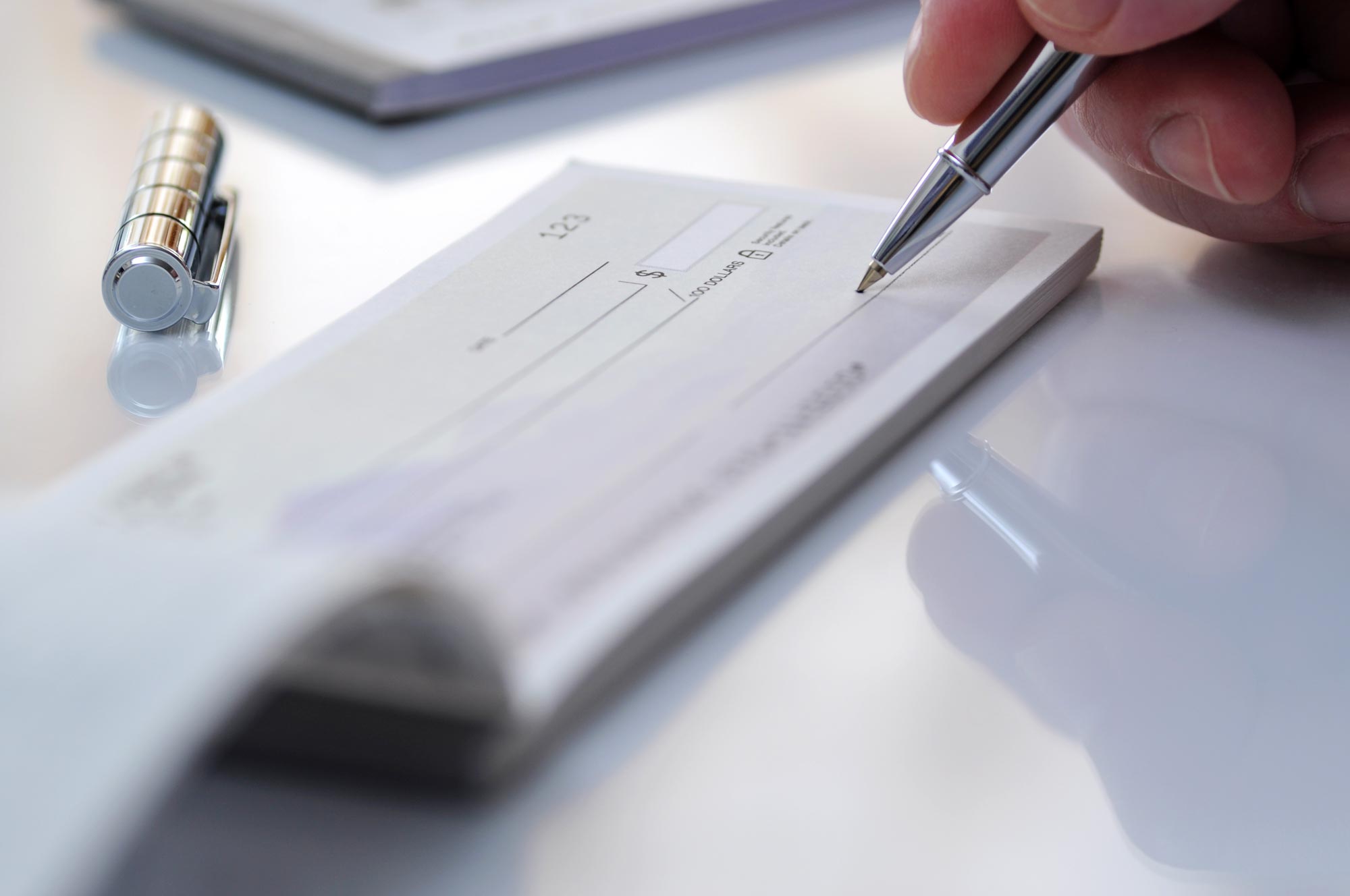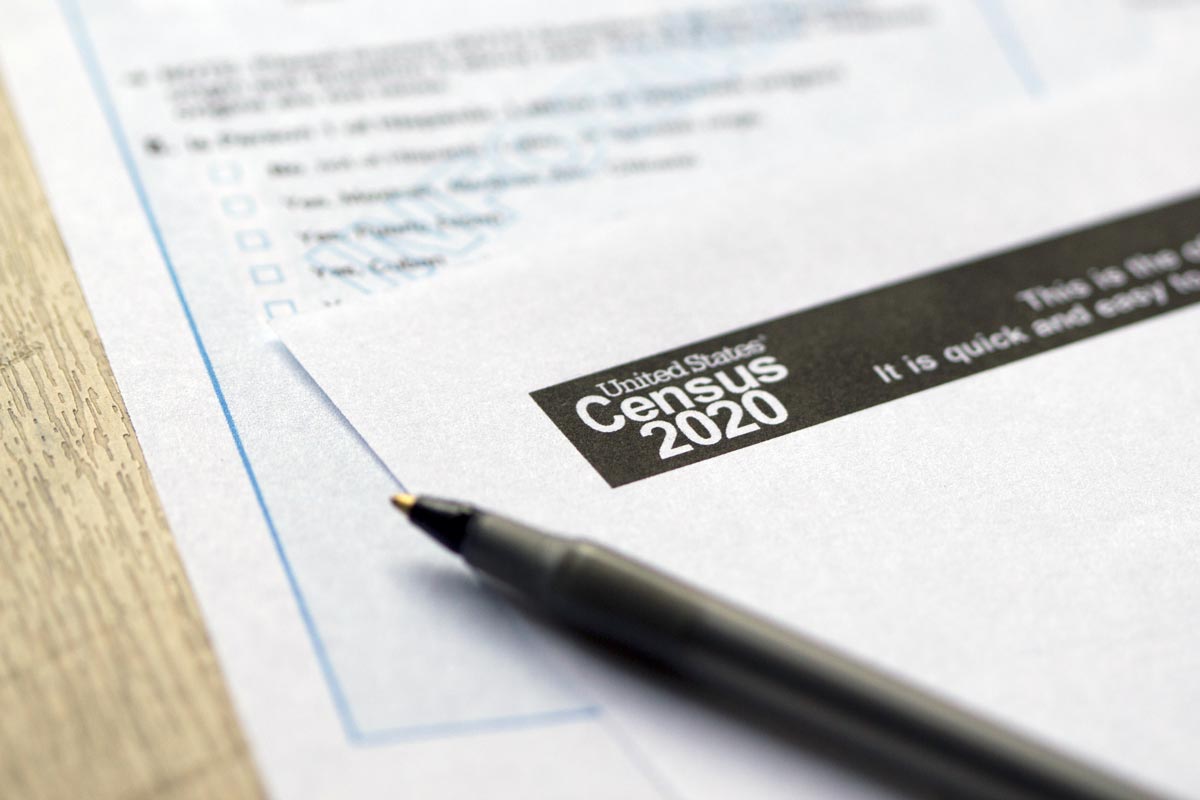It may be a new year and a new decade, but scammers are still looking to con you out of your money. In fact, experts are warning of a new scam that is as simple as changing the date on a personal check, financial document, or another important paper.
Here’s what you can do to protect yourself:
The 2020 scam
The newest scam of the decade involves the dates on important documents. Most of us are accustomed to abbreviating the date by using the last two digits anytime we need to write it. For example, if we were dating a document for March 2, 2019, we might write it out as 3/2/19.
While it was fine to do so in the past, continuing this practice in 2020 can be problematic. With the two sets of digits that make up the new year being identical, abbreviating the date on important documents opens us up to all sorts of scams. It only takes a few seconds for a scammer to change the “20” on a document to “2021” or to “2019.” This can lead to multiple problems for the document signer.
What kind of damage can be caused by this scam?
There are endless ways that date modification can be employed in a scam.
First, let’s take a look at what happens if the date is changed to an earlier year. If a scammer gets their hands on a check that was made out to you and decides to backdate it, the check may no longer be valid. Similarly, if you signed a legal document or a contract this year and a scammer adds “19” to the end of the “20” that you wrote to indicate the year, it now looks like you signed this document in 2019. As a result, your contract may no longer be valid. If this scam is pulled off on paperwork for an outstanding debt, your debt will now appear to be overdue. Thanks to this ruse, you might be charged late fees for a loan that is not yet due, or you may be charged a monthly fee for a time when you did not yet owe any payments.
The other way this scam can be executed is for the date to be changed to a future year. To pull this off, criminals will use the “20” you scrawled for the year, and change it to “2021” or later. If someone signed a document agreeing to start paying you for services you rendered in 2020, they can make it appear as if they don’t owe you any money until next year. Also, if you’ve neglected to pay a debt that is already past the statute of limitations, a scammer can modify the year on the relevant documents to make it appear as if you are still accountable for the debt.
While this scam is as new as the new year, and it’s still too early to know what kind of damage it can cause, financial experts agree that the threat is very real and precautions should be taken.
Avoiding this scam
As scams go, the 2020 scam is fairly easy to prevent. As you work on breaking free of bad habits and making improvements, add this to your list of New Year’s resolutions: Don’t abbreviate the year. Train yourself to write out “2020” in its entirety anytime you need to date a check, financial document or important paperwork of any kind. This simple precaution will keep you from falling victim to a date manipulation scam. It’s also a good idea to write out the full month when dating an important document, especially in January and February, since “1” and “2” can easily be changed to look like you wrote 10, 11, or 12 as the month. The stroke of a pen can push off the date on your document by nine full months or more.
Remember: the habit that was harmless in 2019 could make you vulnerable to fraud in 2020.



